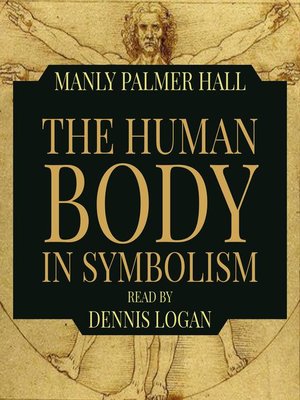
Sign up to save your library
With an OverDrive account, you can save your favorite libraries for at-a-glance information about availability. Find out more about OverDrive accounts.
Find this title in Libby, the library reading app by OverDrive.



Search for a digital library with this title
Title found at these libraries:
| Library Name | Distance |
|---|---|
| Loading... |
Recognizing the futility of attempting to cope intellectually with that which transcends the comprehension of the rational faculties, the early philosophers turned their attention from the inconceivable Divinity to man himself, with in the narrow confines of whose nature they found manifested all the mysteries of the external spheres. As the natural outgrowth of this practice there was fabricated a secret theological system in which God was considered as the Grand Man and, conversely, man as the little god. Continuing this analogy, the universe was regarded as a man and, conversely, man as a miniature universe. The greater universe was termed the Macrocosm—the Great World or Body—and the Divine Life or spiritual entity controlling its functions was called the Macroprosophus. Man's body, or the individual human universe, was termed the Microcosm, and the Divine Life or spiritual entity controlling its functions was called the Microprosophus. The pagan Mysteries were primarily concerned with instructing neophytes in the true relationship existing between the Macrocosm and the Microcosm—in other words, between God and man. Accordingly, the key to these analogies between the organs and functions of the Microcosmic man and those of the Macrocosmic Man constituted the most prized possession of the early initiates.







